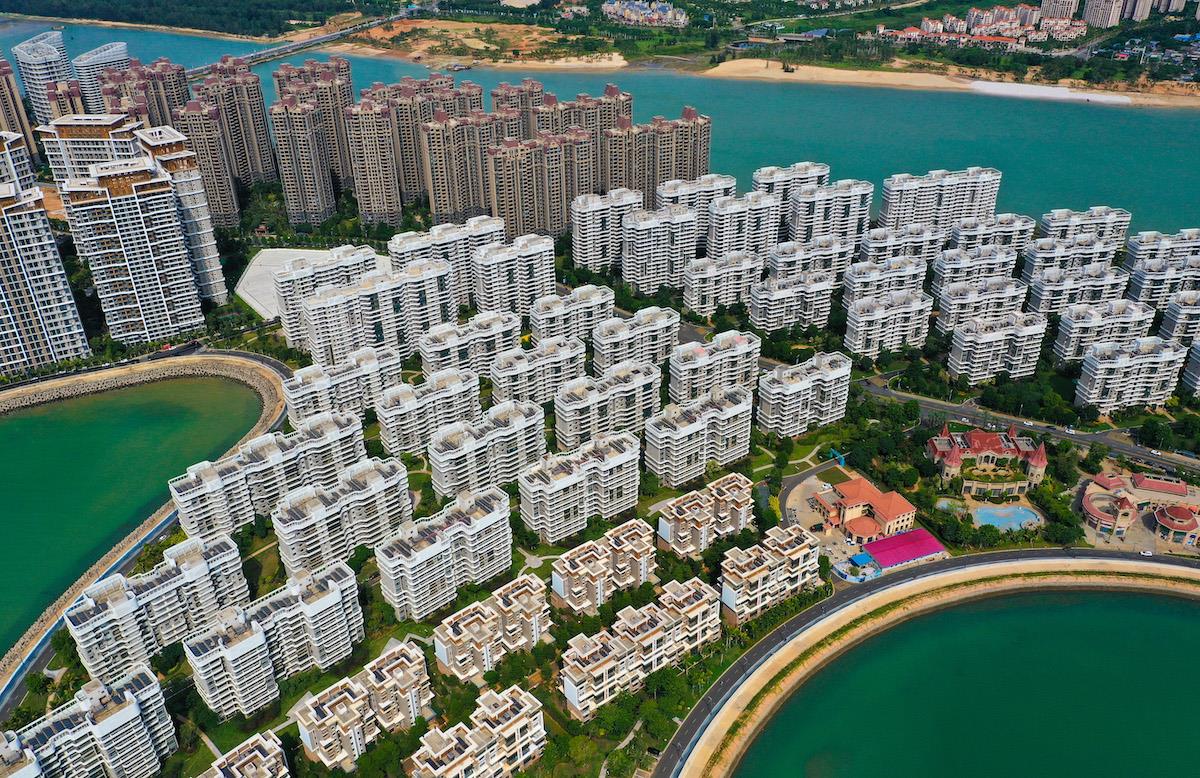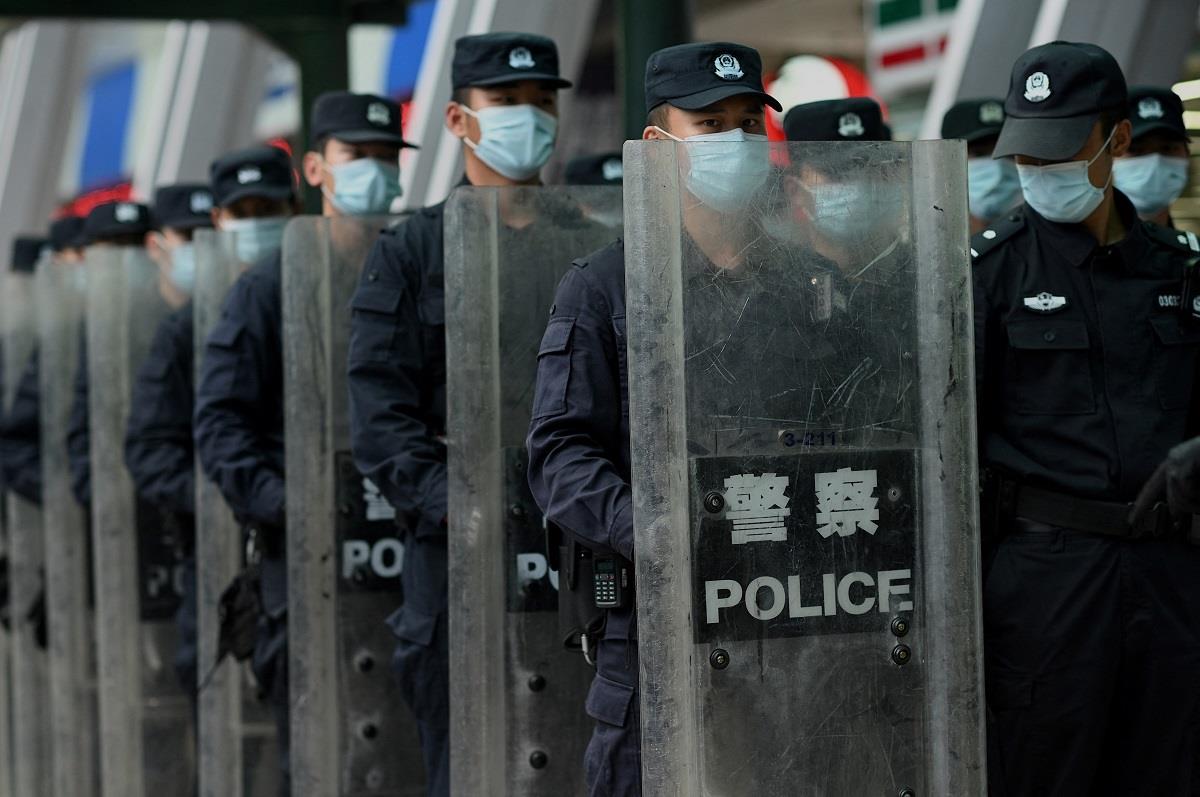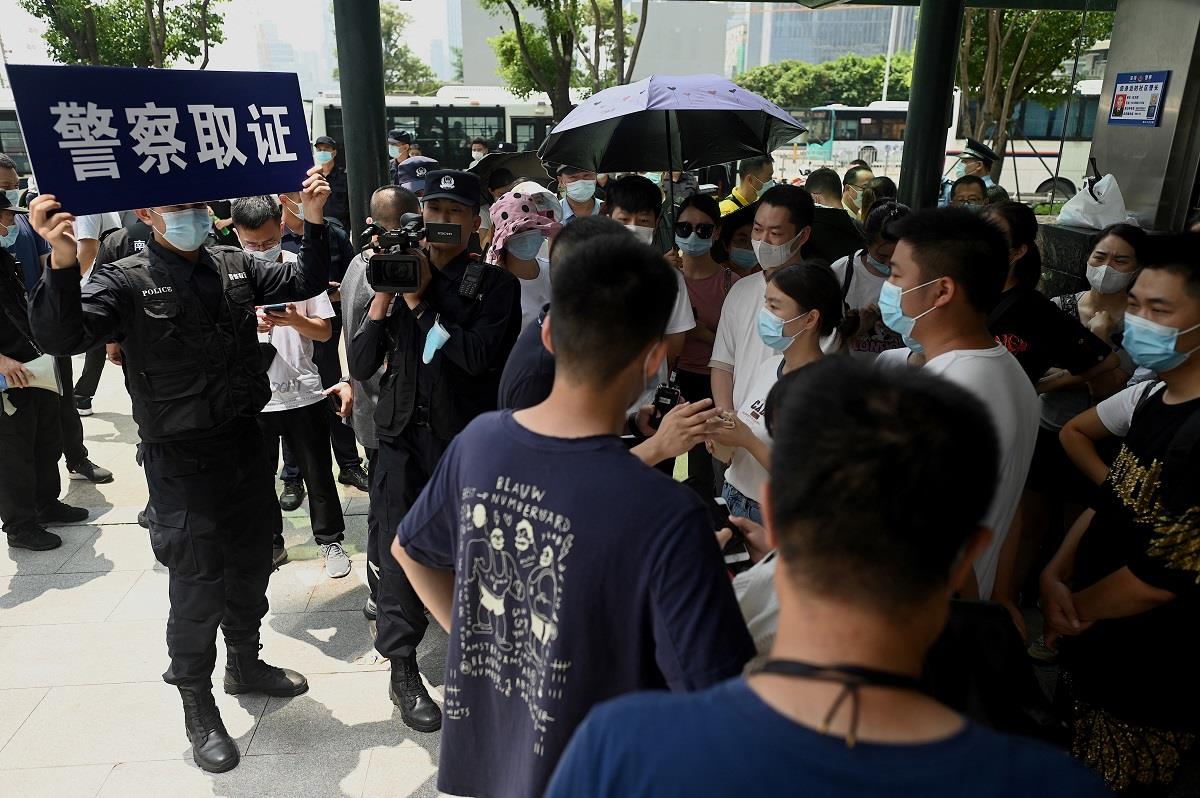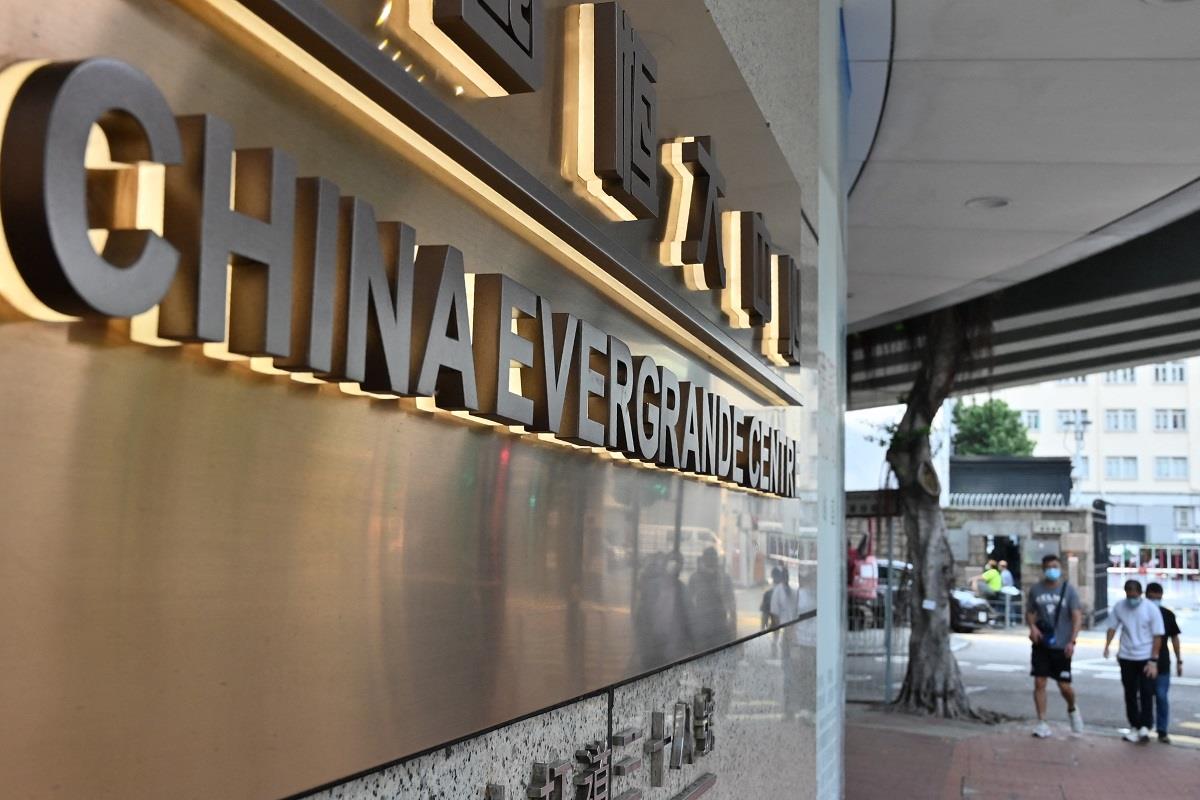(MENAFN- Asia Times) As investors quake over the seismic default drama surrounding China Evergrande Group, it seems that one vital crowd hasn't gotten the memo: buyers of Mainland dollar bonds.
Demand for Chinese dollar notes staged a comeback in August even as China Evergrande concerns wreaked havoc on the broader credit markets in Asia's biggest economy particularly the junk-bond arena. Average monthly yields recently hit their highest in at least eight years.
Yet in August, Chinese offerings saw orders nearly eight times their issuance size. That is roughly double the oversubscription ratio in July.
On one level, there's a certain logic to bidding on debt sold by mainland borrowers that can still operate in offshore debt circles – even amid contagion risks. On the other, it could be a rare bit of good news for a Beijing which is spooking investors left, right and center.
A grand disaster for China? The China Evergrande default watch coincides with signs the broader economy took big knocks in August. Covid-19 lockdowns are slamming consumer demand and business confidence.
Data misses include a disappointing 2.5% increase in retail sales, a fraction of the 7% pace economists predicted. Construction investment, meantime, shrank 3.2% in the first eight months of 2021 as Beijing tightens restrictions to reduce asset-market froth.
For investors wondering about where the world's No. 2 economy might be in 2022, China Evergrande is Exhibit A.
As Teresa Kong, head of fixed income at Matthews Asia, puts it, investors holding the company's debt are“definitely sweating” right now.

Ocean Flower Island, an artificial archipelago off the north coast of Danzhou in Hainan, was built by the Evergrande Group. Photo: AFP
The globe's most indebted property developer – with about $305 billion of liabilities – is scrambling to raise funds to pay lenders and suppliers. Local press report that the Ministry of Housing and Urban-Rural Development is warning banks that China Evergrande won't be able to pay obligations due on September 20.
“We believe that further disruptions to the company's property development operations can be very negative for sentiment amongst domestic property buyers and investors, and potentially spill over to the broader property sector,” says analyst Kenneth Ho at Goldman Sachs.
Fitch Ratings says a default“appears probable.” Moody's Investors Service agrees China Evergrande is due for a reckoning.
Along with a crushing debt load, the company is at the center of countless unfinished residential buildings. Construction sites throughout China are in flux. Suppliers are desperate.
As JPMorgan analysts wrote in a note this week:“With recent events accelerating to the downside, we believe additional maneuvers are needed by the government to prevent potential spillover .”
The $305 billion question, of course, is whether President Xi Jinping's government intervenes to avoid contagion.
Why punters are staying cool JPMorgan expects regulators to ensure things don't get too out of hand.
“If politicians toe the government directives on ensuring a stable housing market, we do not expect the company's imminent default to be too disruptive for the sector,” the bank hopes.

Police stand in formation at the Evergrande headquarters in Shenzhen, where worried investors have gathered. Photo: AFP / Noel Celis
Fitch analyst Samuel Hui offers perhaps the best explanation for why investors are still gorging on Chinese dollar debt.“A default would reinforce credit polarization among homebuilders and could result in headwinds for some smaller banks, although we believe the overall impact on the banking sector would be manageable,” Hui says.
In other words, China Evergrande probably won't trigger the broader debt reckoning investors long feared in the most populous nation.
A default alone would be plenty damaging, of course.
“At the macro level,” Hui notes,“an Evergrande default could damage consumer confidence if it were to affect households' deposits for homes that have not yet been completed.” But, he adds,“we assume the government would act to protect households' interests , making this outcome unlikely.”
Should China Evergrande's troubles disrupt the wider financial system, Hui says,“this could have farther-reaching macroeconomic effects.”
Fitch estimates the property sector accounts for approximately 14% of gross domestic product. Overall, though, Hui says“risks to our growth outlook on China are mitigated by the government's capacity to intervene with policies to shore up the housing market.”
China's long-term growth downshift Beyond China Evergrande, there are two wild cards in play.
One: the extent to which the Delta variant, and others to come, knocks the world economy off the path to recovery. Two: the fallout from Xi's tech crackdown.
Fresh infection waves are slamming growth prospects from the US to Europe to Japan. Adding to this air of uncertainty are divergent takes on the global inflation outlook.

Police watch people gathering at the Evergrande headquarters in Shenzhen as the Chinese property giant says it is facing unprecedented difficulties. Photo: AFP / Noel Celis)
China, notes analyst Michael Hirson at Eurasia Group, is “ attempting to control commodity price speculation by drawing supply from strategic reserves as it cools demand by curbing steel output, but so far, micromanaging commodity markets has failed to control volatility.”
People's Bank of China policymakers, Hirson adds, don't yet view inflationary pressure as strong enough to warrant monetary tightening.
Yet, he says,“regulators remain open to a targeted reserve requirement ratio cut this year, particularly as the looming restructuring of property developer Evergrande will pressure its creditors to extend repayment terms, risking contagion to property-linked firms and lower-tier regional banks.”
It's not clear, though, if investors understand the broader contours of China's GDP downshift in the second half of 2021.
Odds are,“China is now on a permanently slower growth path,” says economist Preston Caldwell at Morningstar.“We expect GDP growth to fall to 4% in 2022 and average 3.3% over the full 2019-30 period.”
That would be a far cry from the 6% pace all too many investors saw as a given for Xi's economy.
And it puts China on a trajectory that might make it harder for highly-indebted companies to make debt payments.
Caldwell adds that“we've long argued that China's investment boom is unsustainable. Recent government policies have led to a slowdown in the debt growth that has fueled this investment boom, particularly in sectors such as real estate. We're also concerned about a potential shift away from China's free-market reforms, evidenced by notable crackdowns on large corporations and wealthy businesspeople.”
Opacity and uncertainty , risk and…confidence
The market reforms are now cloaked in confusion as Xi's clampdown on tech giants Ant Group, Didi Global, Tencent Holdings and others morphs into a regulatory war on seemingly everything.

The China Evergrande Center in Hong Kong. Ratings agencies say a default is probable. Photo: AFP / Peter Parks
This war has compelled investors from George Soros to Cathie Wood at ARK Investment Management LLC either avoid China altogether or scale back bets.
Caldwell's worry is that the level of multitasking needed to wean China off exports, increase domestic demand-led growth and boost innovation looks lacking.
And then there's a highly uncertain global scene to worry about, including sudden shifts in US interest rate policies, says economist Ira Kalish at Deloitte Touche Tohmatsu.
“Although the weak August employment report in the United States will possibly cause the Federal Reserve to delay the tapering of asset purchases, many investors and officials around the world remain worried about what will happen when tapering ultimately begins,” Kalish says.
Unlike many emerging countries, Kalish says, China restricts capital outflows and, theoretically, is not vulnerable to capital flight if US yields surge. Yet with China having worked hard these last five years to attract foreign investment, there's much to lose if capital flees.
“Despite restrictions on capital outflows,” Kalish says,“many investors often find ways to facilitate outflows – such as by inflating invoices for imported goods.”
Would China act to limit foreign investors' latitude to repatriate funds ? Doing so could do irreparable harm to Beijing's capitalist credentials.
Surging US yields would put China, particularly its corporate borrowers, in a very tight spot. Aside from chaos in markets, any upward pressure on the US currency would make dollar loans harder to repay.
“For China,” Kalish says,“the challenge will be to manage this process in a way that is not hugely disruptive to the Chinese economy. US tapering and a subsequent outflow of capital from China could lead to dampened Chinese asset prices and downward pressure on the Chinese currency.”
Yet investors loading up on Chinese dollar bonds seem unperturbed as they place more and more orders. Only time will tell if their bet on China navigating the turmoil awaiting Asia next week and beyond will deliver honey or heartbreak.
For now, though, it is a ray of good news shining on an economy enjoying very little of it.
MENAFN17092021000159011032ID1102814049